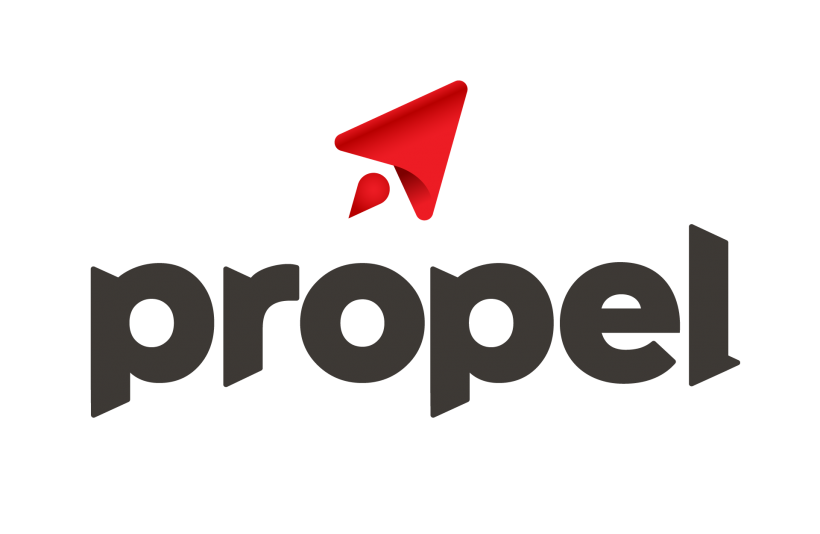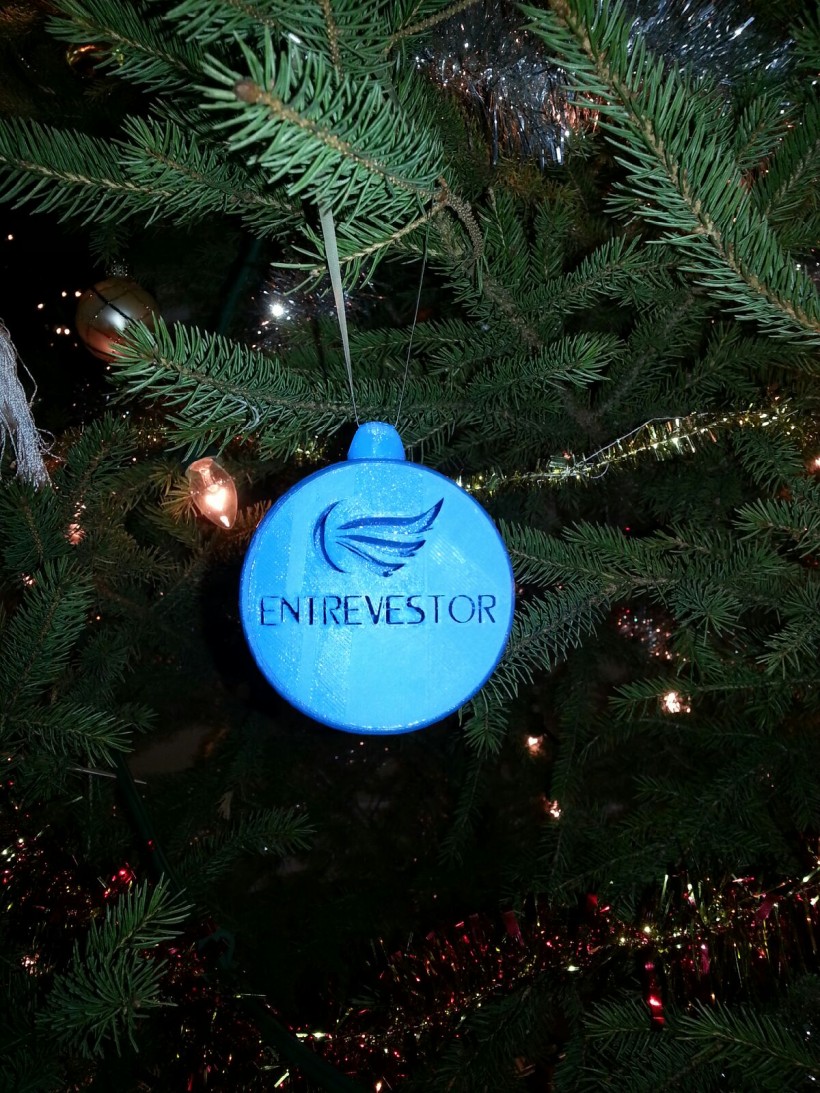Three young tech companies – two of them from Halifax – are working with the Capital District Health Authority to commercialize their products while accelerating the treatment of patients with mobility issues.
On Wednesday, the Halifax area’s district health authority launched Mobility at Capital Health, a $2.6 million project that will use existing and developing technology to assess whether people need orthopaedic surgery and help them to heal regardless of the treatment. (Mobility at Capital Health is abbreviated as “M@ch”, pronounced “Mach”, as in a measurement of speed.)
The program, which has received a $1.7 million loan from the Atlantic Canada Opportunity Agency’s Atlantic Innovation Fund, will use the technology of Kinduct Technologies and OrthoMX Inc, both of Halifax, as well as Laval, Que.-based Emovi.
Michael Dunbar, the orthopaedic surgeon overseeing the project, said Nova Scotia has the longest waiting times in Canada and M@ch is designed to convert the waiting times into an advantage. These patients constitute a body of people willing to test new technology, which will provide clinical validation for the products.
“We have the best living laboratory in the country,” Dunbar told a gathering launching the project. “Why don’t we use it to our advantage?”
Dunbar and his colleagues foresee a range of applications being developed over the years at M@ch, but they will begin with addressing knee, hip and spinal issues.
The basic technological software-as-a-service platform for the project is being provided by Kinduct, founded by Travis McDonough. Kinduct owns the world’s largest library of medical animation and uses it to help doctors, specialists and patients understand the various phases of treatment. Doctors can use it to explain the various processes in a hip replacement, for example, while a patient can use the technology to understand the exercises and diet needed during recovery.
“Our technology is the underlying platform on which the information is put in the patients’ hands,” said McDonough.
Another company in the trio is OrthoMX, which is developing an app that will allow people to use their smartphones to assess whether they need orthopaedic procedures, such as a hip or knee replacement. Smartphones have extremely sensitive functions for measuring movement. So OrthoMX is developing a product called Gait App, which can detect whether a person has an “asymmetrical gait”, which would indicate they need such treatment as a hip replacement. Once they get the replacement, it can help physicians analyze the recovery without visiting a hospital or clinic.
“The app still has to be clinically validated,” said CEO Barbara Campbell, who said the new company will validate it with about 100 patients at Capital Health, which will take about a year. She said that would be sufficient clinical validation for a commercial product and added they would likely exit before the Gait App would be sold worldwide.
Dunbar added there are other applications for the technology being developed, in such fields as inner ear balance or obesity in children. “When it comes right down to it, how you get around is a very great determinant of your health,” he said.
The third startup working at M@CH is Emovi of Quebec, whose produce KneeKG provides an objective measurement of the movement of the knee to see if the patient suffers from gait impairment.









